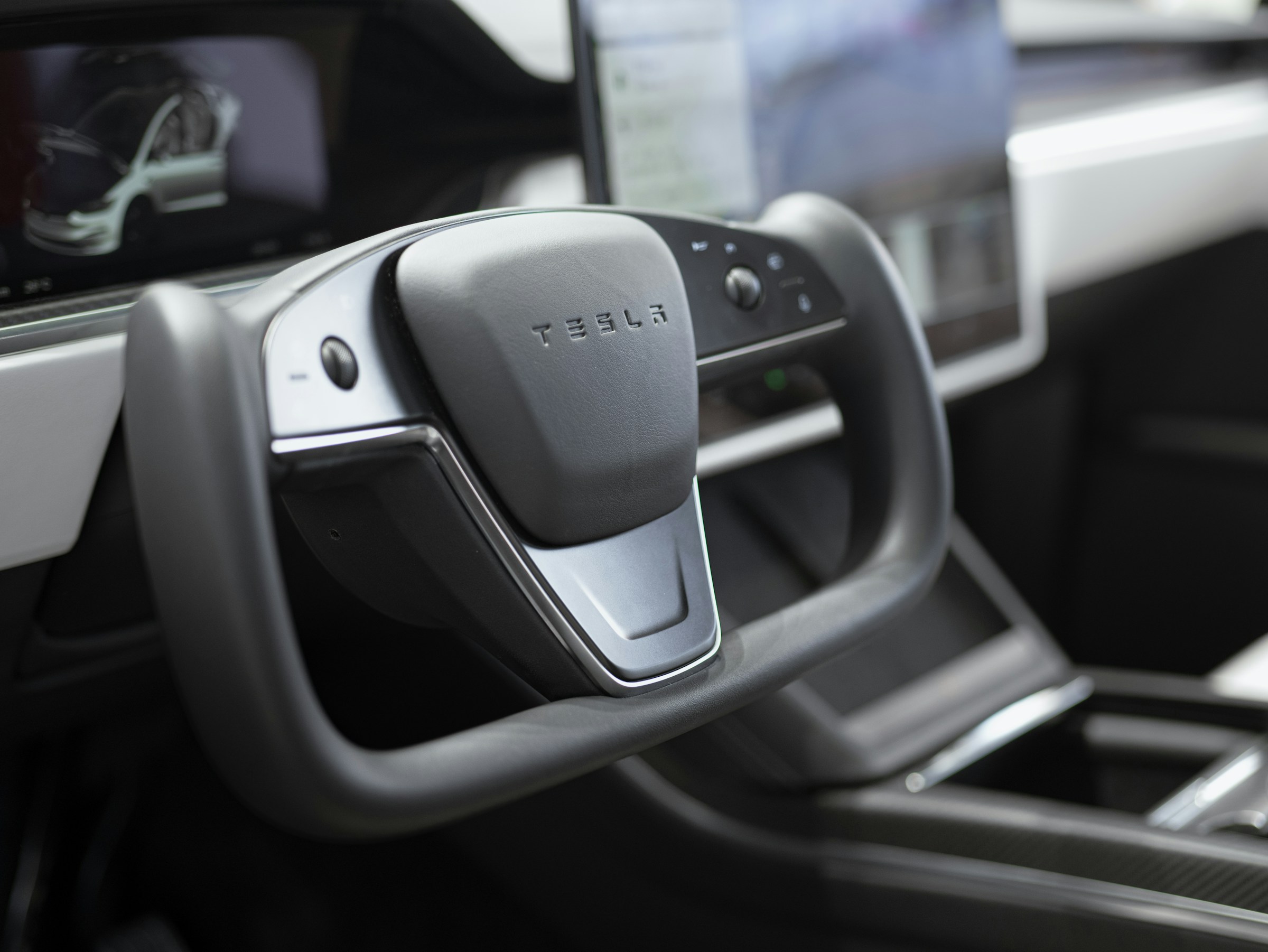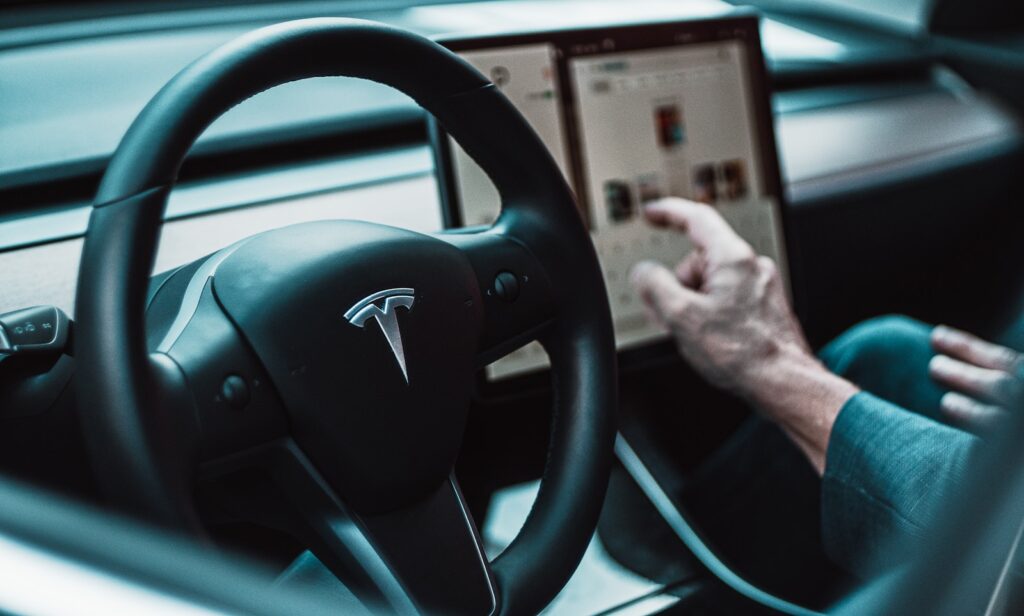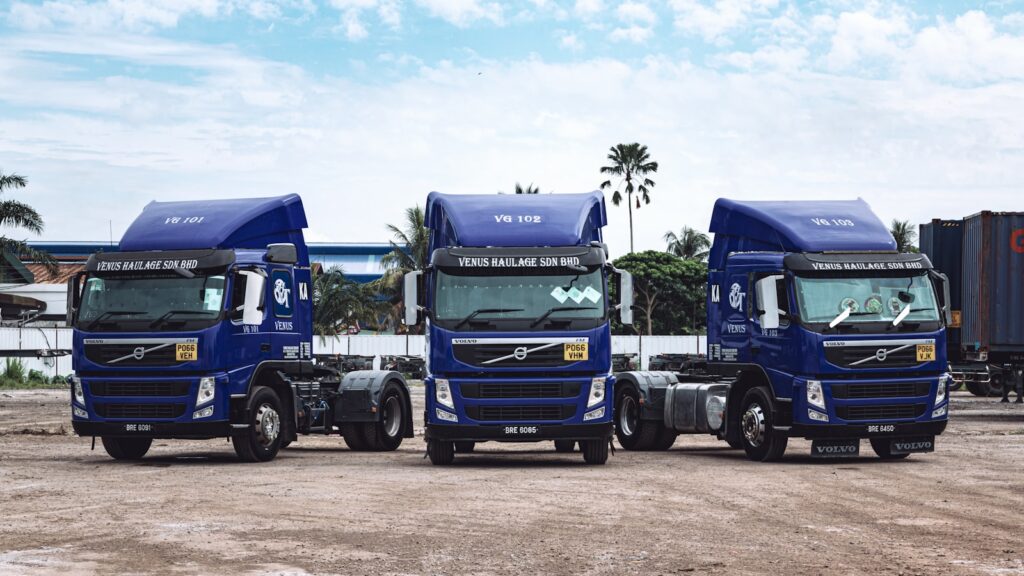Quantum internet for cars is the future of automotive technology, and it will change the way your car communicates, processes data, and protects itself from cyber threats. Quantum networking technologies are currently in their infancy, but quantum applications may end up transforming the way vehicle-to-vehicle communication, autonomous driving capabilities, and others develop in the next decade.
Secure Cybersecurity with Quantum Encryption
The initial real-world application of quantum internet in cars is aimed at more robust cybersecurity. The integration of quantum cryptography into the communication systems of autonomous cars is a monumental step in car technology, which tackles pivotal security concerns in a time when automotive innovation focuses more on connectivity and autonomous operations.
Unlike standard encryption, which may be broken in the future by advanced computing, quantum cryptography offers theoretically unbreakable security within the laws of physics. When your car communicates with other vehicles, infrastructure, or cloud services, quantum key distribution ensures that any attempted interception will immediately notify both parties and render the data useless.
The technology is becoming more significant as automobiles become more networked. Your car’s quantum-protected communication will protect everything from personal data to vital safety features from sophisticated cyber attacks.
Read More: Are SUV and Truck Sizes Too Big? Exploring ‘Autobesity’
Revolutionizing Sensor Fusion and Data Processing
Quantum internet in cars will offer unprecedented sensor fusion features. Current cars cannot handle vast amounts of data from cameras, LiDAR, radar, and other sensors in real-time. Quantum networking enables several quantum sensors to share entangled states with each other, creating superhuman perception systems.
Imagine sensors in your vehicle interconnected with other vehicles in the vicinity, sharing position and environmental data in real time without communication delays. Such a quantum sensor web could detect peril, predict traffic flow, and coordinate movement to an impossibility with any traditional system.
Parallel processing is the quantum benefit—while classical computers process sensors sequentially, quantum systems can process several scenarios in parallel, significantly improving reaction time and safety margins.
Read More: Are We Heading Toward ‘Autobesity’? Environmental and Safety Effects
Anonymous Vehicle Networks and Privacy Protection
Privacy concerns shadow current connected car systems, where your location and activity data are transmitted and stored constantly. Quantum internet in cars could enable completely anonymous vehicle networks, allowing you to contribute to traffic optimization and safety platforms without having to give away personal data.
Quantum anonymous networks utilize mechanisms like quantum superposition to hide vehicle identities while maintaining group knowledge about traffic patterns, road hazards, and optimal routes.
Infrastructure and Timeline Challenges
The quantum internet in cars has significant deployment issues. Current quantum communications are manufactured with specially designed infrastructure and at very low temperatures. However, recent advancements in room-temperature quantum technologies have demonstrated secure quantum communication over 254 kilometers of deployed telecom fiber using a coherence-based protocol, demonstrating that practical deployment timetables are accelerating.
Early adoption of quantum cars will happen in luxury vehicles in 2030, targeting primary safety messaging. Miniaturization of quantum hardware and cost reductions are needed to enable mass adoption, currently major hurdles to broad deployment.
Your Quantum-Connected Future
Quantum internet in vehicles in the decade ahead will evolve from laboratory demonstrations of concept to road-worthy reality. Early adopters will get unparalleled security and sensing capabilities, as the broader automotive community comes to grips with quantum network protocols.
These advancements position quantum internet in cars as a game-changing technology that will be remaking car connectivity, safety, and privacy in ways we’re only beginning to learn.
Read More: Software‑Defined Vehicles Explained: Benefits and Risks



